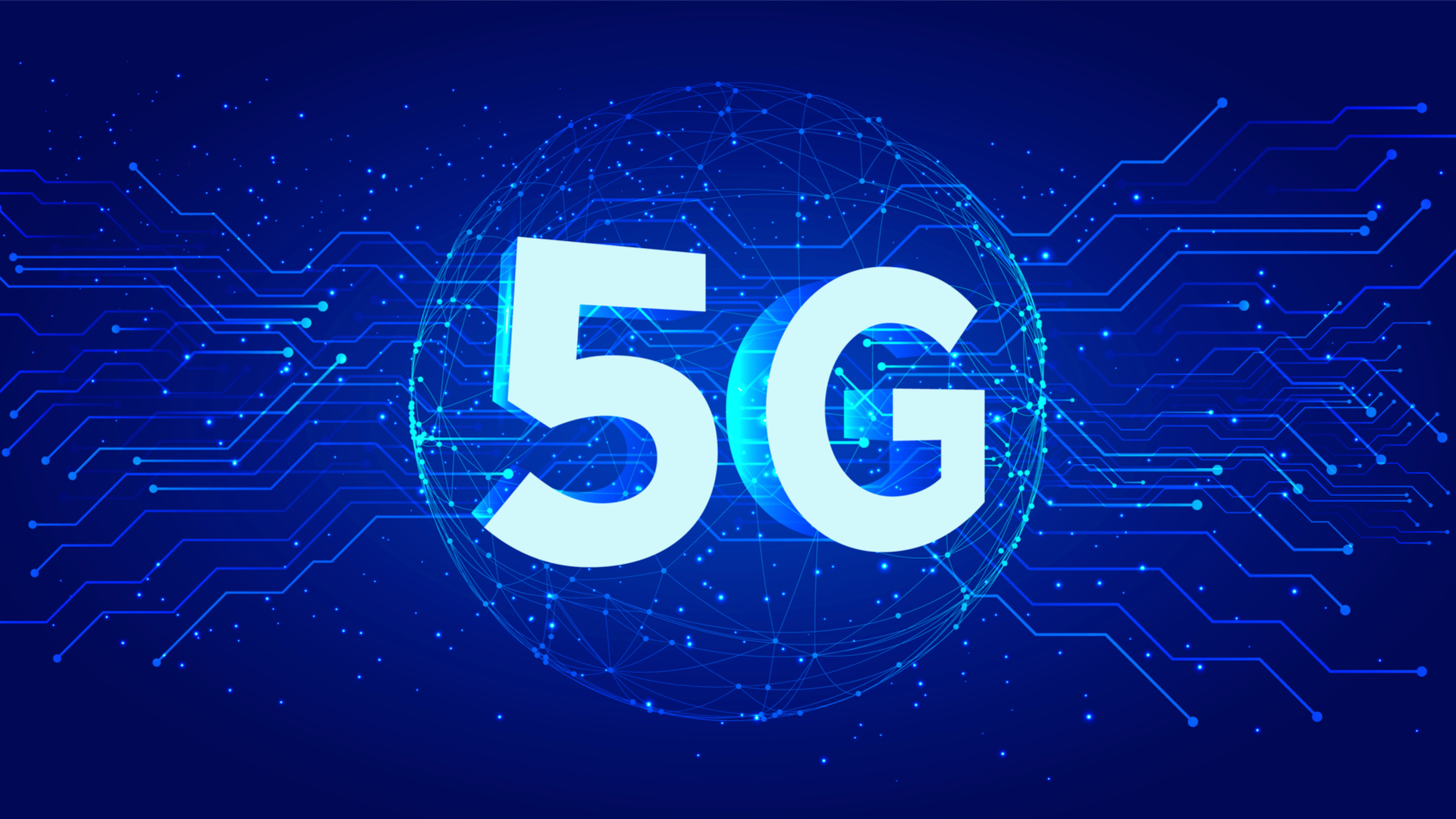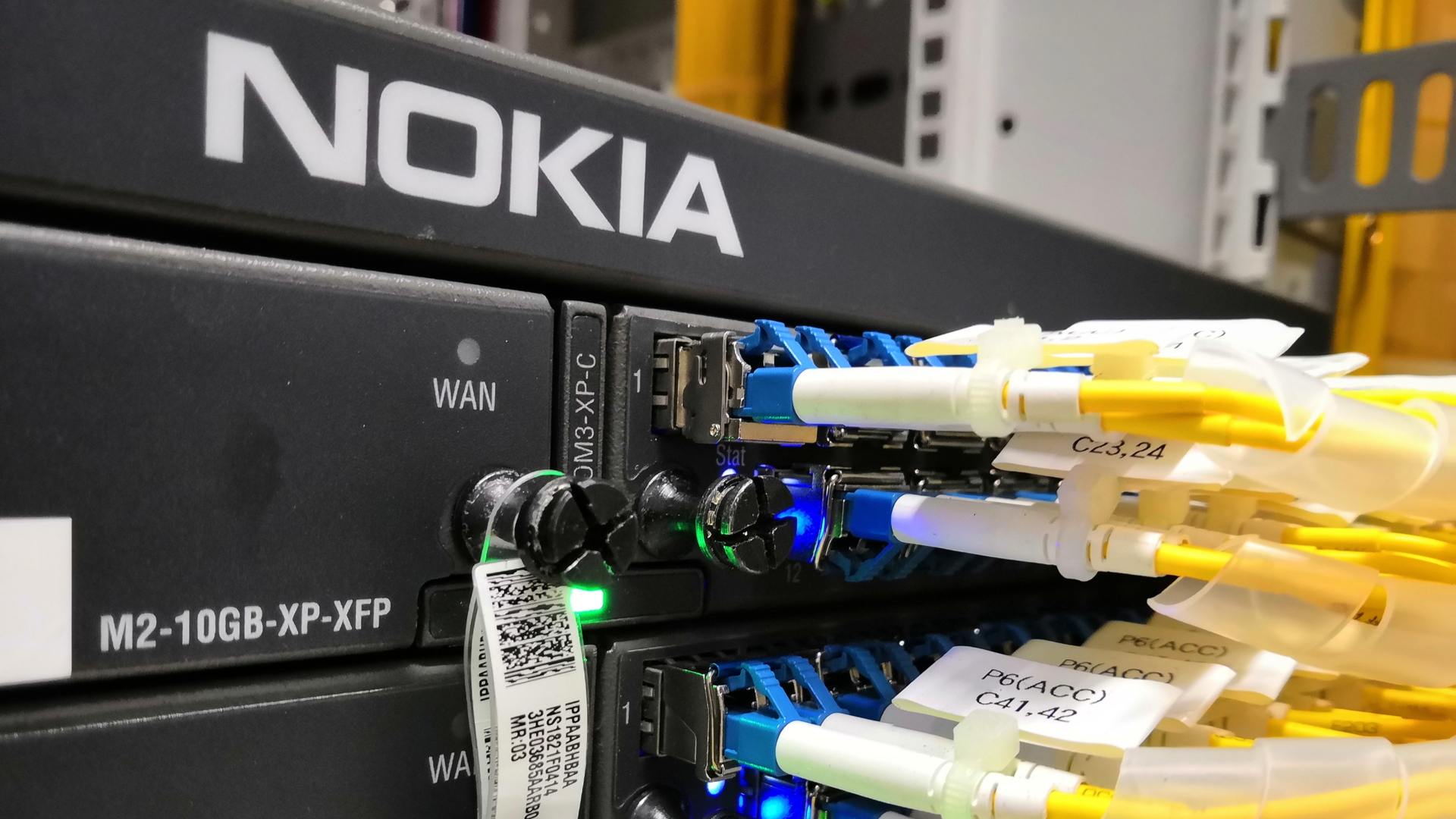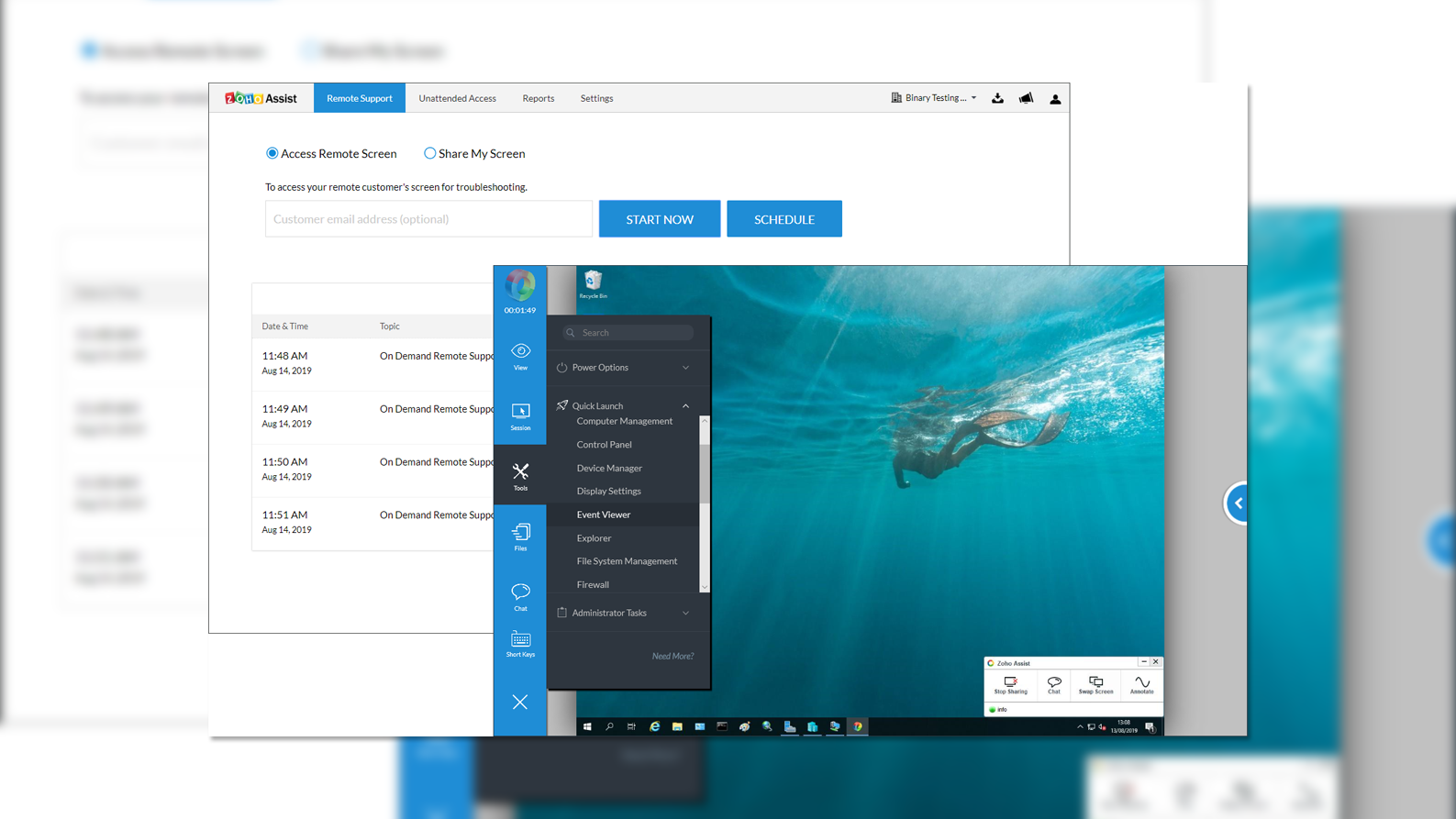PwC gamifies cybersecurity with digital card game for senior execs
The game has already been used by some of the UK’s biggest businesses, claims PwC

Professional services firm PwC has launched a cyber security simulation exercise for senior executives that aims to gamify the concept of dealing with a cyber attack.
Dubbed Game of Threats, the game pits attackers against defenders in a digital card game, which it says is designed to simulate the experience that leadership teams could realistically face in the midst of a cyber-attack.
The Big Four' consultancy firm said that it developed the game based on experience of real-life cyber attacks clients had faced. The game is designed to be a non-technical introduction to cybersecurity, and sees each team interact with a tablet controller and choose from a number of attack or response cards to play.
PwC claims that through 12 rounds, players would face "similar pressures to a real cyber attack" although IT Pro doesn't think that this digital card game would quite have the same impact on an employee as a cyber attack that could cost a firm millions of pounds and its reputation - albeit it does sound slightly more sophisticated than Top Trumps.
Game of Threats aims to give senior executives the chance to familiarise themselves with cyber terminology, while seeing how their moves would impact constraints on time, resources and information. It is run as part of a workshop and education session with PwC's cybersecurity team.
Christian Arndt, cybersecurity director at PwC, said the workshop allows participants to "develop a better knowledge of the threat actors, tools and techniques which could threaten their systems and data".
"We then help players consider how best to prevent, detect and defend against such threats," he added.
Sign up today and you will receive a free copy of our Future Focus 2025 report - the leading guidance on AI, cybersecurity and other IT challenges as per 700+ senior executives
Arndt claimed that PwC has taken some of the UK's largest businesses through the game already, tailoring it to best reflect their individual situation and risk profile.
The technique met with approval from IT security firm PhishMe, whose CEO, Rohyt Belani, told IT Pro that practicing incident response processes "is an excellent way to drive diligence and nimbleness" in an organisation.
Belani added that such training should not be restricted to senior executives, however.
"Since phishing is the number one attack method leading to data breaches and phishing emails target employees, it is critical for businesses to rethink the way all employees are involved to prevent cyber-attacks at the beginning of the cyber-attack not only on response methods," he added.
-
 NTT taps Celona to enable private 5G for enterprises
NTT taps Celona to enable private 5G for enterprisesNews Celona will help NTT manage and scale its Private 5G (P5G) service
-
 Nokia simplifies Microsoft Azure integration
Nokia simplifies Microsoft Azure integrationNews Microsoft Azure IoT Edge Modules such as Modbus can now be deployed on the Nokia DAC edge server
-

 Zoho Assist review: Basic budget brilliance
Zoho Assist review: Basic budget brillianceReviews An uncomplicated cloud-hosted remote control service that’s great value and very easy to manage
-
 How to pick the best NAS for your small business
How to pick the best NAS for your small businessTutorials NAS appliances can help you grow your business - here's what you should look for
-

 HPE ProLiant MicroServer Gen10 review: Small in size, large in power
HPE ProLiant MicroServer Gen10 review: Small in size, large in powerReviews It's small, but HPE's ProLiant MicroServer Gen10 stands head and shoulders above the rest
-
 Best business backup software
Best business backup softwareBest Businesses that don’t protect their data are playing with fire - we find the best backup solutions that could stop you from getting burnt
-
 Choose the right wireless AP for your business
Choose the right wireless AP for your businessIn-depth Dave Mitchell explains what to look for in an access point
-

 WatchGuard Firebox M5600 review
WatchGuard Firebox M5600 reviewReviews WatchGuard’s Firebox M5600 delivers enterprise-grade network security and beats the rest on price

